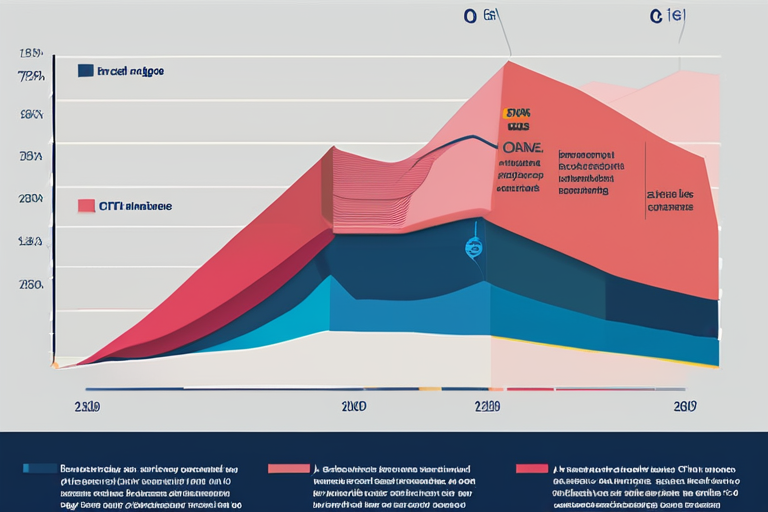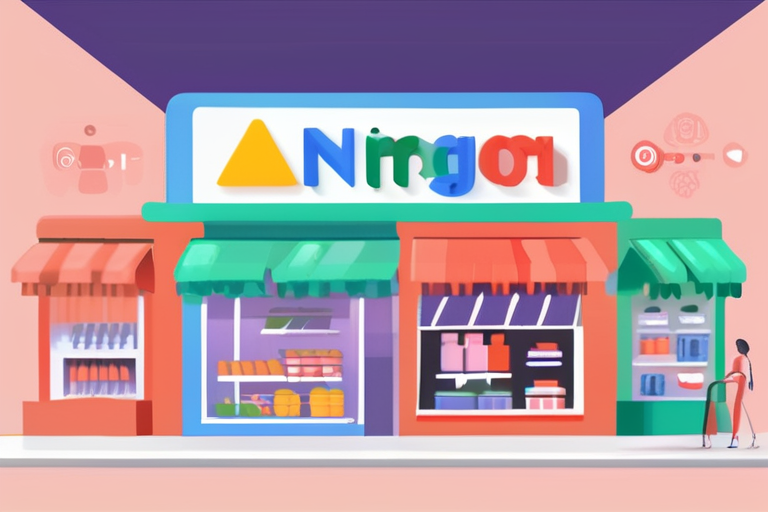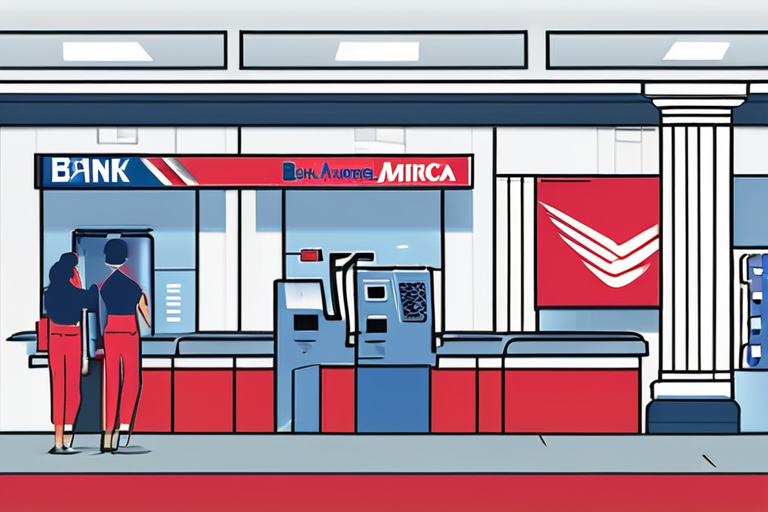Visa Expands into AI-Enabled Payments and Stablecoin Settlements in Asia
Visa, the global payment technology company, has taken a significant step into the future of payments by introducing two new features in Asia: AI-enabled payments and stablecoin settlements. The move is part of the company's efforts to stay ahead of the game in a rapidly changing payments landscape.
According to data, the Asia-Pacific region is expected to drive the growth of the global payments market, with the region's e-commerce market projected to reach $1.5 trillion by 2025. In this context, Visa's move into AI-enabled payments and stablecoin settlements is a strategic play to capture a larger share of the market.
Visa's AI-enabled payments feature uses artificial intelligence (AI) to enable consumers to make payments using their mobile devices. The technology uses machine learning algorithms to identify and authenticate transactions, reducing the risk of fraud and increasing the speed of payment processing. This feature is expected to be rolled out across Asia, with a focus on countries such as China, India, and Indonesia, where mobile payments are increasingly popular.
The stablecoin settlements feature, on the other hand, allows businesses to settle transactions using a digital currency that is pegged to the value of a fiat currency. This feature is expected to reduce the costs and complexities associated with traditional cross-border payments, making it easier for businesses to operate globally.
Visa's Asia-Pacific president, Stephen Karpin, has been instrumental in driving the company's expansion into the region. With over a decade of experience in the South Pacific, Southeast Asian, and Japanese markets, Karpin has a deep understanding of the region's payments landscape and has been instrumental in shaping Visa's strategy in Asia.
Visa's move into AI-enabled payments and stablecoin settlements is a significant development in the payments industry. It reflects the company's commitment to innovation and its willingness to adapt to changing market conditions. As the payments landscape continues to evolve, it will be interesting to see how Visa's new features are received by consumers and businesses in Asia.
In terms of market impact, Visa's move into AI-enabled payments and stablecoin settlements is expected to have a significant impact on the region's payments landscape. The use of AI in payments is expected to increase the speed and efficiency of payment processing, while the introduction of stablecoins is expected to reduce the costs and complexities associated with traditional cross-border payments.
From a company background perspective, Visa has a long history of innovation in the payments industry. The company was founded in 1958 and has since become one of the world's largest payment technology companies. Visa has a strong presence in Asia, with operations in over 20 countries across the region.
Looking ahead, Visa's move into AI-enabled payments and stablecoin settlements is expected to have a significant impact on the company's growth prospects. The use of AI and stablecoins is expected to increase the speed and efficiency of payment processing, while reducing the costs and complexities associated with traditional cross-border payments.
In conclusion, Visa's move into AI-enabled payments and stablecoin settlements is a significant development in the payments industry. It reflects the company's commitment to innovation and its willingness to adapt to changing market conditions. As the payments landscape continues to evolve, it will be interesting to see how Visa's new features are received by consumers and businesses in Asia.

























Share & Engage Share
Share this article